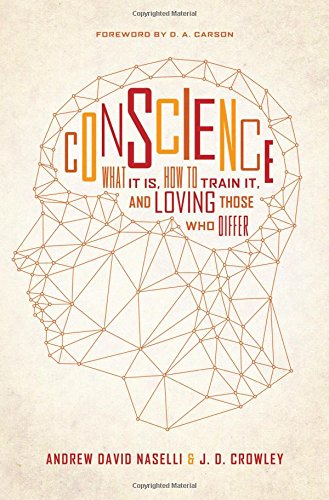Guest Blog by Andy Naselli
At times you may sin so miserably that your condemning conscience tempts you to despair of all hope that you could ever draw near to God. You may feel like the protagonist named Christian in a scene in John Bunyan’s The Pilgrim’s Progress.
Christian faces off with the evil Apollyon. After Apollyon accurately accuses Christian of a series of sins, Christian basically replies, “You’re right. But I’m actually even worse than that.” That disarming statement sets up the deathblow:
“All this is true, and much more that you have failed to mention,” Christian agreed. “But the Prince whom I now serve and honor is merciful and ready to forgive. Besides, these infirmities possessed me while I was in your country, for there I allowed them to come in. But I have groaned under them, have been sorry for them, and have obtained pardon from my Prince” (pp. 89–90).
That exchange reminds me of my favorite hymn “Before the Throne of God Above.” It includes a line where I like to swap the word “Satan” with “conscience”:
When Satan [conscience] tempts me to despair
And tells me of the guilt within,
Upward I look and see him there
Who made an end of all my sin.
Because the sinless Savior died,
My sinful soul is counted free,
For God, the Just, is satisfied
To look on him and pardon me.
When your conscience rightly condemns you, instead of wallowing in self-pity about how wretched you are, look to Jesus. There’s no better news than the gospel when your conscience is rightly condemning you.
Editor’s note: Conscience, Andy Naselli’s new book coauthored with missionary J. D. Crowley, describes what conscience is, explains how to deal with your own conscience, and then explains how to relate to other people when your consciences disagree. Fred Zaspel interviewed Naselli and Crowley for Books at a Glance.
Andy Naselli is assistant professor of New Testament and biblical theology at Bethlehem College & Seminary and an elder of Bethlehem Baptist Church.
